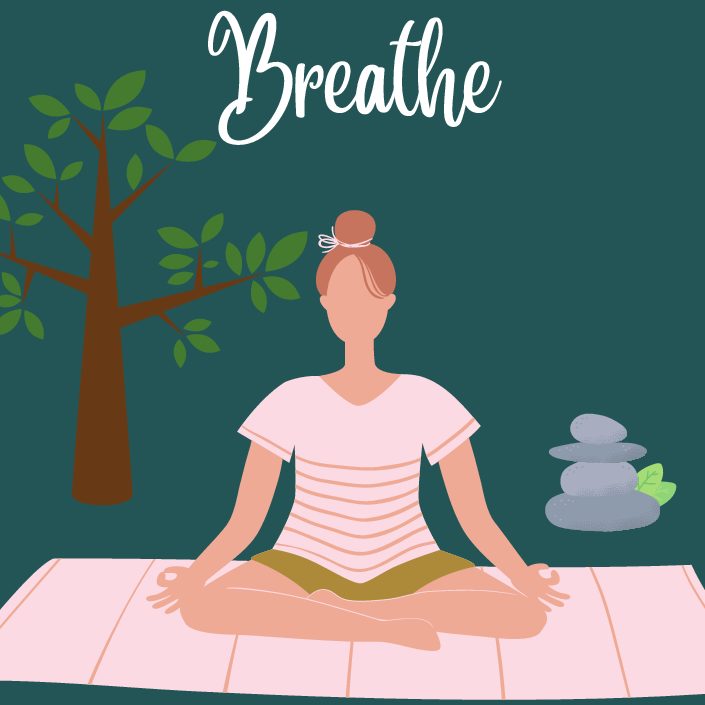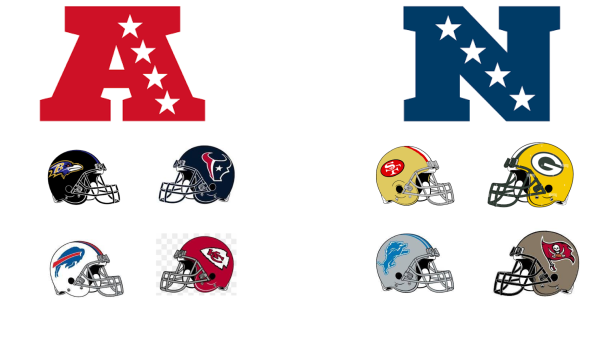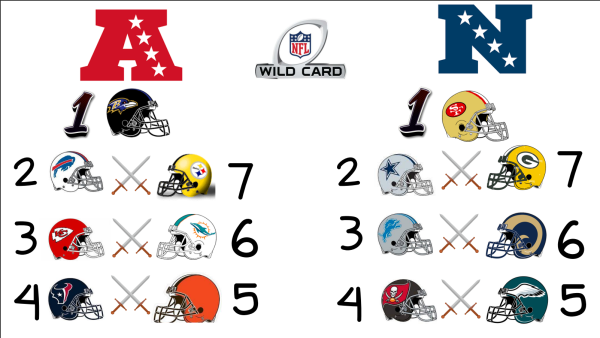BREATHE
iUP Students on attacking worry and finding tools to destress in sports
What is stress?
Worry. Nerves. Anxiety. Your palms turn clammy, your heart starts racing. You feel your breaths becoming shallow as nerves consume your body. Your mind closes off, your thoughts race in all directions, spiraling out of control. You are nervous, stressed, anxious, and you stop working, stop moving, you are lost.
These examples of stress are troubles that hinder many of us in our day-to-day lives. They can consume you, devour you, especially when it comes to competitive sports. So “how do I control them?” you ask. “How do I stop them from taking control of my body and mind?”
Implementing Tools
There are many tools available to athletes, but they only work if they are used correctly and consistently. Many people find things that they can use to help them, but they choose to not do them and often wonder why they are not feeling any different. It is important to learn these tools and use them as often as needed, even when you are feeling ok, so as to make them a habit to apply automatically in pressure moments.
Breathing
Breathing is a basic tool that can calm your nerves before, during, and after a competition. Simple exercises include 3-3-6 breathing, and cleansing or deep breathing.
In 3-3-6 breathing, breathe in for 3 counts, hold for 3 counts, and breathe out for 6 counts. Repeating this a few times can slow your heart rate and bring your mind back to attention.
Cleansing/deep breathing involves taking slow deep breaths, filling up your lungs more and more with each inhale and exhale. Take about 6-10 breaths during breaks in competition to relax and become more aware of your body.
Be sure to always take time to breathe and calm yourself when competing. It is a very helpful tool to use to relax and become more focused on what you are doing.
Anchors
Using anchors is about bringing your awareness to one thing and focusing on it for a minute or longer if you desire. These exercises ground you, or root you to the earth and bring the focus back into your mind and body to play at your best. Examples of anchors include your breath, sound, or a part of your body.
When choosing the breath anchor, take slow, deep breaths, focusing on the air flowing in your nose and out your mouth. Feel the air pass through your body and release back out as you exhale.
The sound anchor involves paying close attention to all the sounds around you. Close your eyes and focus all of your minds on each noise, choosing one in particular to challenge yourself.
Focusing on one part of your body can also be a great grounding exercise. Close your eyes and choose one thing to draw attention to, whether it be two fingers that are touching or the rise and fall of your chest.
If you find yourself becoming distracted, bring yourself back to your breath and back to your exercise. Noticing the distraction is still very good, as it shows that you are aware of yourself and your choices.
Affirmations
Affirmations are positive “I am” statements to encourage yourself and allow yourself to think happy thoughts that will help you and not hurt you. Many athletes have thoughts in their minds such as “I’m not good enough”, or “I’m so bad”. Changing these thoughts can help you to think positively and have desirable outcomes that help you reach your goals. While thinking affirmations such as “I can do this,” and “I belong here” can help you, try to find ones that are more specific to you and your sport like “I am a strong server and can hit every target I aim for”, or “I am an amazing teammate that encourages my team during tough moments”. These can help you to feel more confident with yourself and eliminate negative thoughts that bring you down.
How do iUP Athletes Deal with Stress?
Makenna Horne is an 11th grader iUP gymnast who deals with stress “…when trying new skills that I wasn’t comfortable with or had mental blocks on. I had a lot of anxiety even going to gymnastics practice when I was 13, and it was really hard for me to even go to sleep at night because the sooner I did, the sooner I would have to wake up and go to morning practice.” To calm her nerves and worries she would “…use visualization and slow breathing a lot. If I was nervous about a routine, I would close my eyes and visualize myself doing it really well. I would also take the time to just relax and focus on my breathing. It also helped to take my mind off it and just take a minute to talk to my teammates!”
Owen Labay is also another iUP athlete who plays tennis. He is in 7th grade and usually gets nervous “Match point, where I have to play my best or else I lose Match point.” (Match point is where a player only has to win one more point to win the match, so it is a very stressful time.) He goes on to say, “Honestly, sometimes the only way I deal with my stress is accepting it. I know if I lose I am done, and by accepting it, I will play my best. Most of the time I play better under pressure. I usually bring a towel so that if I start losing many points in a row, I can just go to my towel, wipe off my sweat, and reset/adjust based on why I am losing!” This is a great way to reset and calm yourself in challenging moments.
Kaelin Main is a 10th grader who does Tae Kwon Do. She says, “Sometimes I get worried before competitions. I have certain rituals I do before/during competitions. The main goal is to reset myself so I don’t have a negative influence.”
Chloe Pittard is also a 10th grader. She does dance and usually gets nervous right before she performs on stage. She says that she “Takes deep breaths and knows that I’m only dancing for God, not the audience.” When feeling down in competition she chooses to “Take a break and put my thoughts on something else”
These iUP athletes have many great tools that you can also implement into your routines in competition and sports. Choosing to talk to friends, accepting reality, and taking deep breaths are all amazing ways to relax and stay calm in big moments.
Stress and worries can all bring us down at some point in our lives. Taking time to use tools that will help can really calm us and relax us in competition. Use these tools daily, and make sure to always breathe!

Hi everyone! My name is Brooke Bolinger and I am one of the Co-Associate Editors this year!! This is my 4th year at iUP and I am a senior...







